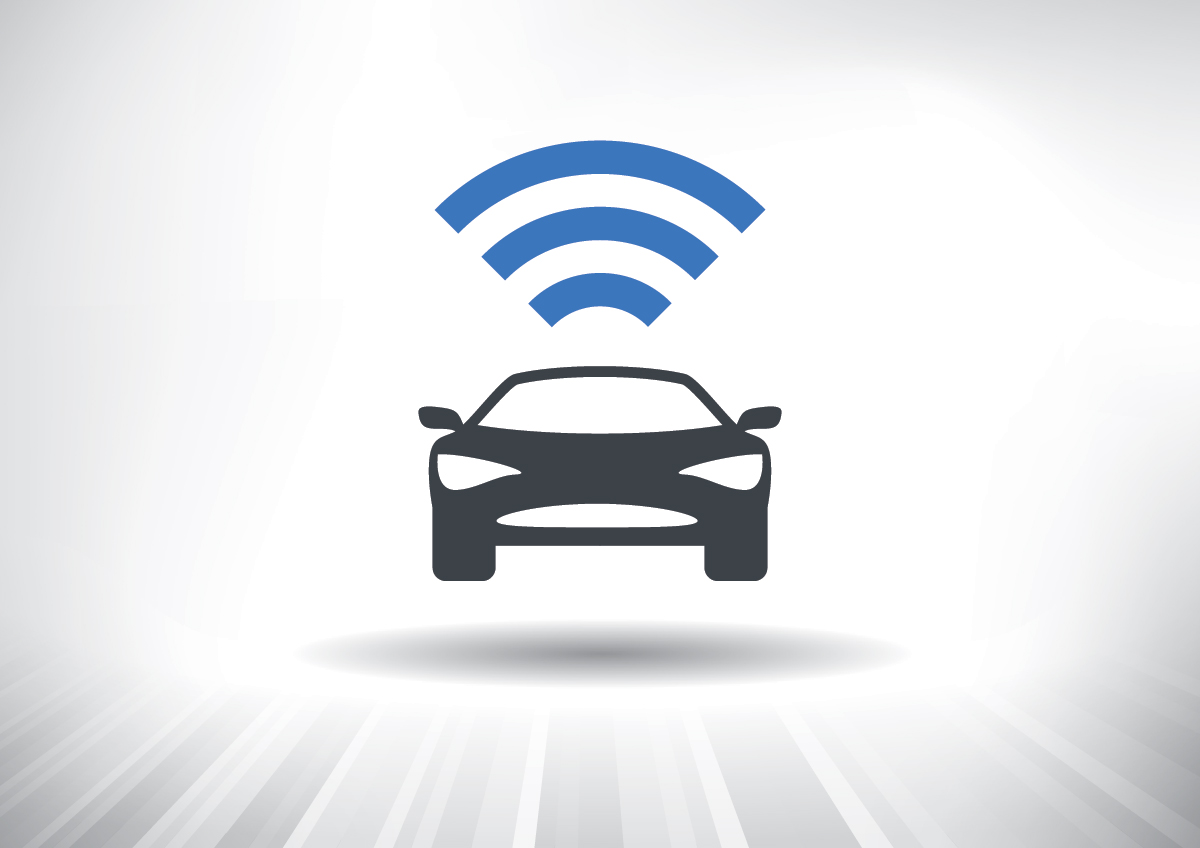IDC and Appcelerator Report
In my previous post, I had talked about how there might be a chance for Microsoft’s Surface to dominate the OS market by going Apple style with an enterprise twist. And if Microsoft priced this correctly and set the level playing field with its OEMs, it might be able to hit it big. Well, although it has not lost it chance completely, seems like iOS is leading the charts in the enterprise market currently according to a research conducting by IDC and Appcelarator a mobile cloud platform company.
More than 3500 Appcelerator’s developers had participated in this survey. Windows8 still stands a chance and is peeking the interest of a lot of developers, but that is still future. Apple is present, current and NOW and is only competing with Android at the moment which is plagued with its fragmentation issues, which is making enterprises evaluate the widespread use of Android.
Can Microsoft Get to No. 2?
With its compelling ‘metro’ (not known as that anymore) UI, Windows8 tablets are still in the race and can potentially replace Android in the enterprise market with it successful legacy with the office suite and the Windows OS. As Microsoft Windows 8-based tablets begin to be introduced to the market in the second half of 2012 and the first half of 2013, there is the potential to dramatically change the current trajectories of mobile OS’s in the enterprise. And then there is the talk of Windows taking over Nokia to compete with Apple on the hardware/software play. We have to wait and watch to see how those moves would alter the market dynamics.
Does Google’s Acquisition of Motorola Mobility Factor In Androids Success?
According to Forrester Analysts, John McCarthy and Charles Golvin, Motorola’s acquisition means Google’s ticket to license all patents to HTC, Samsung and more. Integrated hardware/software play to compete against Apple. And definitely jumpstart to Google TV. Not sure how the fragmentation issue in this case will be addressed. But in any case, with this acquisition, Google aims to connect in a multi connection world with multi devices. smartphones, PCs, tablets and TVs Motorola’s reach across these markets and it would benefit Google greatly. But the commitment to Android platform from here would still be questionable.
Developers’ optimism for Windows 8 tablets and phones sets up what may be the next battle among operating systems, and perhaps a reshuffling of the top three operating systems for mobile devices. As BlackBerry continues to fade from developer mindshare, Android lines up with the consumer market, Apple dominates in the enterprise, and Windows searches for its place. With seismic shifts like these and the numerous issues developers face with supporting multiple operating systems, requirements for cross platform development tools are here to stay.







